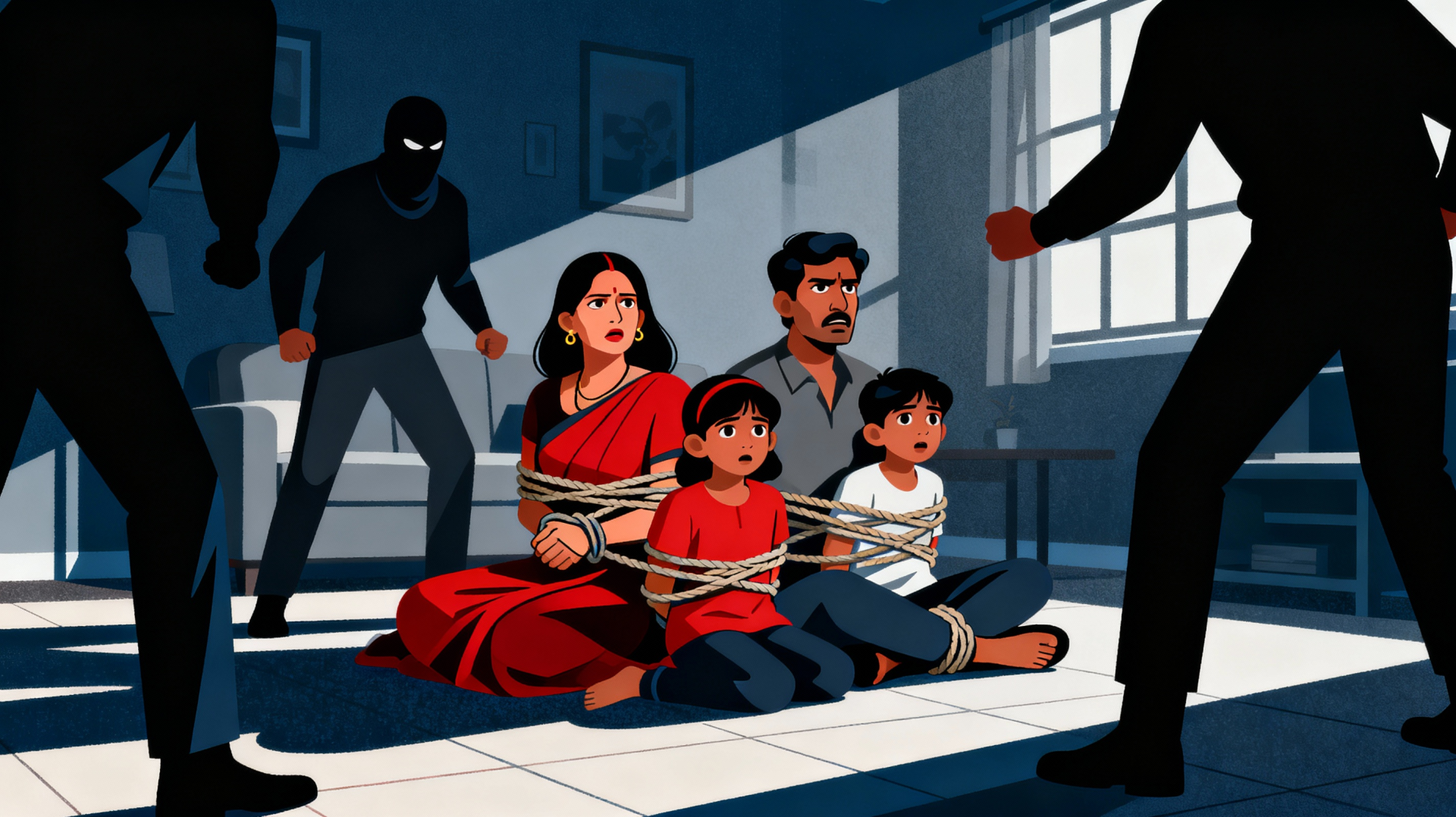Goa has been rocked by a spate of violent crimes dominating the news cycle — from armed robberies in Dona Paula, Mapusa and Baina to murders in Morjim and Saligao — sparking political outrage and renewed debate over police reforms. The Goan closely examines the unfolding crisis

PANAJI
Goa has been jolted by a series of violent crimes that have shaken public confidence in the State’s safety.
In October, Ganeshpuri, Mapusa, witnessed a chilling armed robbery where miscreants stormed a home, held the family hostage, and fled with valuables. Weeks later, in Baina, a gang of masked men broke into businessman Sagar Nayak’s apartment, brutally assaulting him, his wife, his daughter, and his elderly mother before escaping with cash and jewellery. Nayak sustained severe head injuries, underscoring the brutality of the attack.
These incidents add to a grim list: murders in Morjim and Saligao, daylight assaults by criminal gangs, and even a gang-war shootout in Margao. Together, they paint a disturbing picture of Goa’s law-and-order situation.
The political fallout has been swift. Opposition parties have launched a frontal attack on Chief Minister Pramod Sawant, who also holds the Home portfolio.
The Congress and AAP argue that Sawant is distracted by public relations events and cannot devote full attention to policing. They have demanded his removal, insisting that Goa needs a full-time Home Minister.
Beyond politics, the crisis reflects deeper structural issues. Veteran police officer Julio Ribeiro has long argued that political interference in police recruitment, transfers, and postings has weakened the force. He stresses that politicians resist reforms to maintain control over the police, leaving the system vulnerable.
One such reform idea was ‘neighbourhood policing’, floated several years ago. The concept involved dialogue between local police station personnel and community leaders, with special focus on vulnerable groups such as senior couples living alone.
It aimed to build trust, improve intelligence-gathering, and prevent crimes before they occurred. However, the initiative never took off and was quietly shelved — a missed opportunity that now appears painfully relevant in light of recent attacks on families in their own homes.
Sawant’s government has attempted to respond by reshuffling over three dozen officers across ranks. Yet critics dismiss this as cosmetic. Without deeper reforms like neighbourhood policing, Goa risks normalising violent crime — a prospect that has already alarmed citizens and leaders alike.